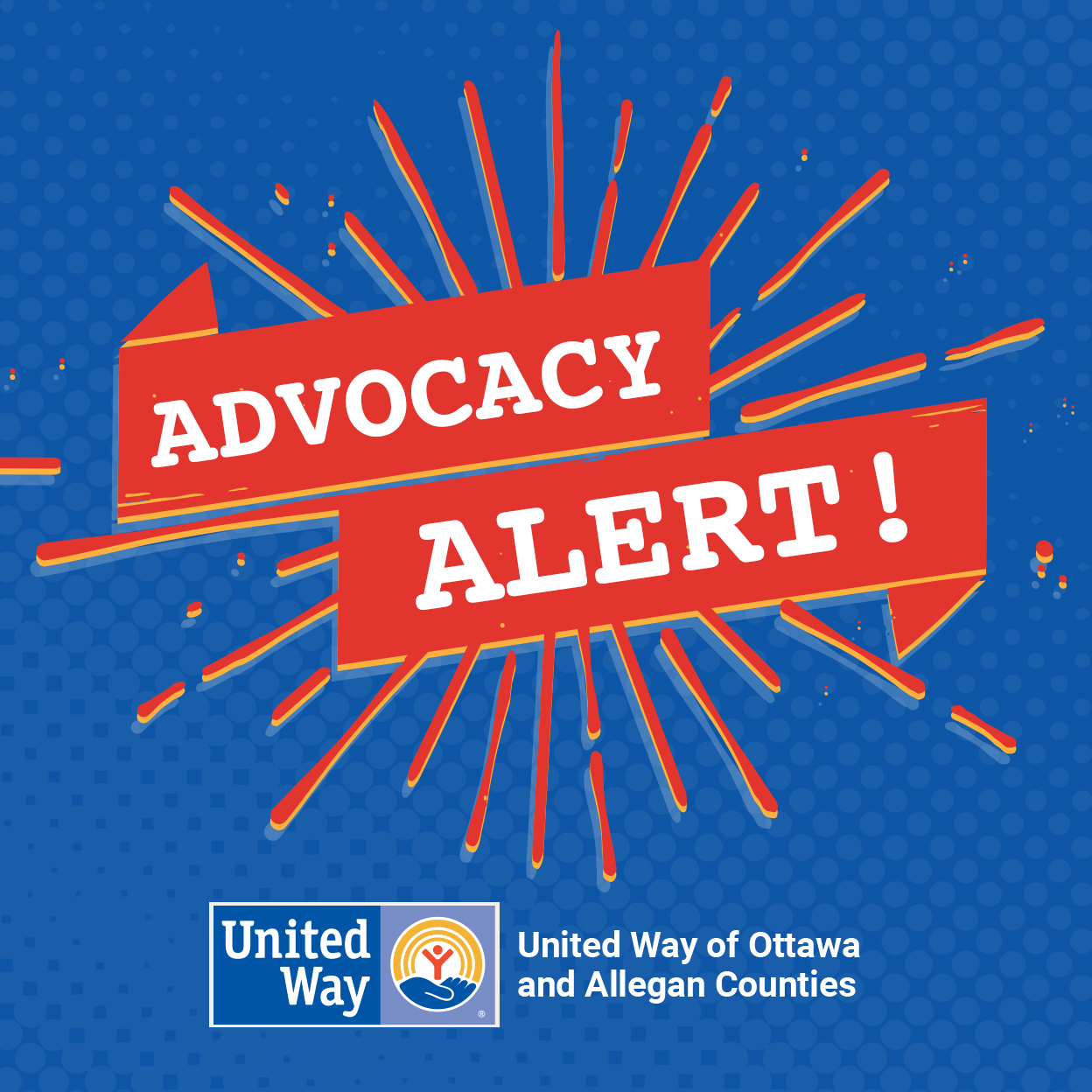
REGISTER TO VOTE!
You can register to vote at any time!
You must be registered to vote in order to vote in Michigan. You can register at any time up to 8 p.m. on Election Day (August 2 for the primary and November 8 for the general election), but it is better to register as soon as possible. The earlier you register, the more choices you will have for how to register.
Am I registered to vote?
Visit the Michigan Voter Information Center michigan.gov/vote and enter the required information to see if you are registered to vote. Check to see that you are registered to vote where you currently live. You can also call your city, township or county clerk’s office and ask if you are registered where you currently live.
How do I register to vote for an upcoming election?
Prior to the 14th day before an election (July 19 for the primary and October 25 for the general election), you have many ways to register to vote:
-
Online at michigan.gov/voterregistration (if you have a valid Michigan driver’s license or state ID);
-
At a Secretary of State branch office;
-
At your city or township clerk’s office or your county clerk’s office;
-
At any state agency that provides public assistance or services to people with disabilities;
-
By mailing in a completed voter registration application postmarked no later than the fifteenth day before the election (July 18 for the primary and October 24 for the general election); or,
-
Through a voter registration drive.
Beginning on the 14th day before an election (July 19 for the primary and October 25 for the general election) and through 8 p.m. on Election Day, you have one way to register to vote:
-
Visit your city or township clerk’s office and provide “proof of residency.”
What is "proof of residency"?
“Proof of residency” is a document with your name and current address in the city or township where you live.
Paper or electronic copies of any of the following documents will work:
-
A Michigan driver’s license or state ID card;
-
A utility bill;
-
A bank statement;
-
A paycheck;
-
A government check; or,
-
Any other government document.
What if I am homeless?
If you don’t have a home, you can register to vote using a street corner, park, shelter or any other place where you usually stay as your address. The address can be a local shelter, advocacy organization, outreach center, or the home of someone who will accept mail for you.
Where is my city or township clerk’s office, and when is it open?
Visit the Michigan Voter Information Center michigan.gov/vote and enter your address to find the information for your city or township clerk. If your city or township clerk operates a satellite office or offices, the hours and locations of those offices will be posted as well. Alternatively, you can call your city or township clerk’s office and ask for their hours and location(s).
City and township clerks’ offices must be open during their normal hours, for at least eight hours the weekend before each election (July 30-31 for the primary and November 5-6 for the general election), and from 7 a.m. to 8 p.m. on Election Day (August 2 for the primary and November 8 for the general election).
Do I need a photo ID or proof of citizenship to register to vote?
No. You will be asked for a photo ID if you register to vote in person. If you don’t have one or don’t have one with you, you can sign a simple form and then register to vote. If you register to vote through the mail, and you have a Michigan driver’s license or state ID card or a social security number, enter those numbers on your voter registration application where indicated.
There are many ways that you can advocate. See below for ways you can create social change in your local community.
SPEAK OUT
Contact your representative in Congress about an Education, Financial Stability, Health or nonprofit strengthening issue.
BE INFORMED
Learn how your community ranks in academic attainment, income stability and health. Use the United Way Common Good Forecaster, a powerful online tool that lets people see for themselves how improving the education level has a positive impact on several key economic and social measures.
ENGAGE WITH YOUR COMMUNITY
Host a community conversation with your friends, coworkers or neighbors. Learn about what people say are their aspirations for your community and talk about how you can work together to address challenges.
RAISE AWARENESS ABOUT A CAUSE
Use social media tools to educate your friends and networks about an issue you care about.
